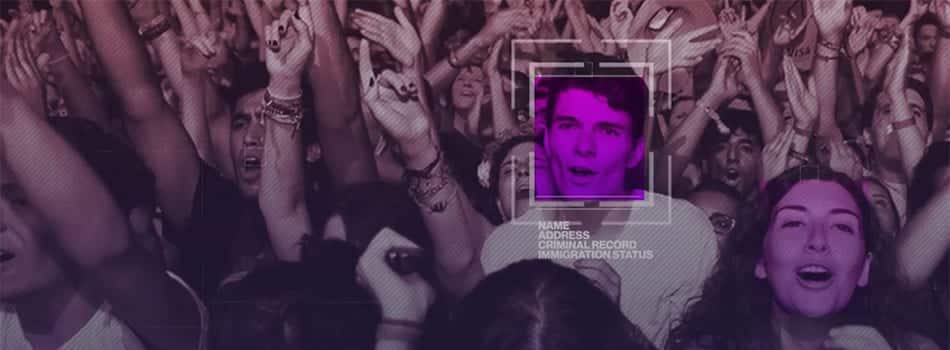Facial recognition technology is being considered by sports teams looking to find ways to get fans back in buildings amid the coronavirus pandemic, according to the Wall Street Journal. The New York Mets and Los Angeles Football Club are currently testing the technology, despite widespread outcry against the technology by privacy activists in recent years.
“Our plan is to move everything to face,” says Christian Lau, chief technology officer of LAFC and Banc of California Stadium. Ticket holders will be able to upload a selfie to an account with the facial recognition vendor Clear, which would also link to their Ticketmaster account. At entry, the fan would mug for the camera (pulling down their mask), at which point the system would verify their identity in the database and grant them entry.
Such systems were barred from use by regulators in Holland, where AFC Ajax had installed facial recognition cameras as part of a pilot program for ticketless entry. Those cameras came down six months later when Dutch data-protection regulators pointed out that they violated privacy rules in place. But the team hopes to use the pandemic to get them back in place.
“Hopefully we use this coronavirus pandemic to change rules,” said Henk van Raan, chief innovation officer at the arena. “The coronavirus is a bigger enemy than [any threat to] privacy.”
The threats to privacy were discussed widely during a successful campaign in the United States against the use of facial recognition technology at festivals in this country. Ticketmaster has toyed with the technology since at least 2018, but its parent company and AEG backed off of its usage for the time being after a huge push by artists including Rage Against the Machine’s Tom Morello and Dierks Bentley.
The fact that a recent study showed facial recognition to be racially biased is another point against its use, however the ability to increasingly restrict consumer rights through technology is a powerful lure for organizations seeking more and better data on their patrons.
“These organizations can be slow movers, but once something takes hold, it very quickly can become an industry standard,” said Thomas Alomes, a director for Austin, Texas-based Sports Tech World Series, which does research and consulting work for professional sports organizations.



